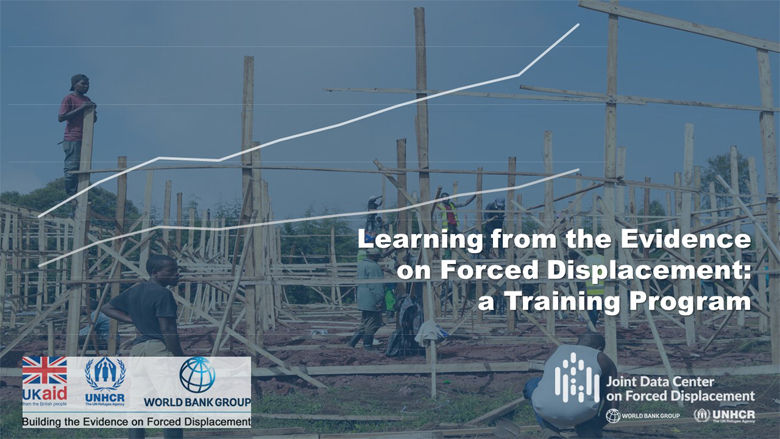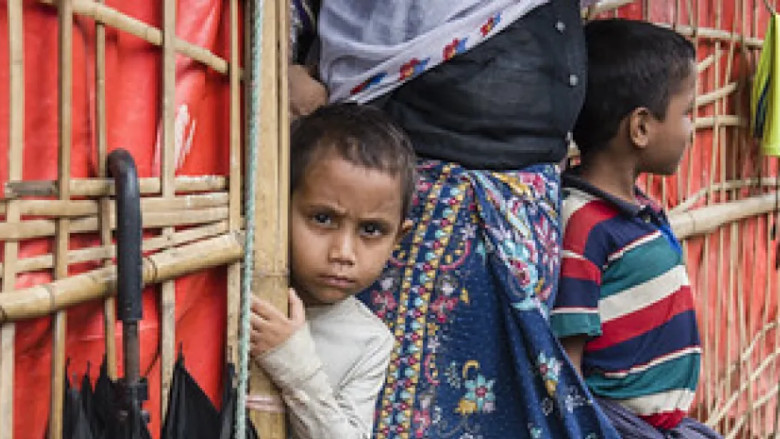FEATURED
IN FOCUS
VIDEO

VIDEO
A New Global Response to Help Refugees and Hosts
As violent conflict surges, refugee crises are growing more protracted. Host governments are leading the way to help both refugees and hosts thrive, as the international community comes together to forge a better way to share this responsibility.







